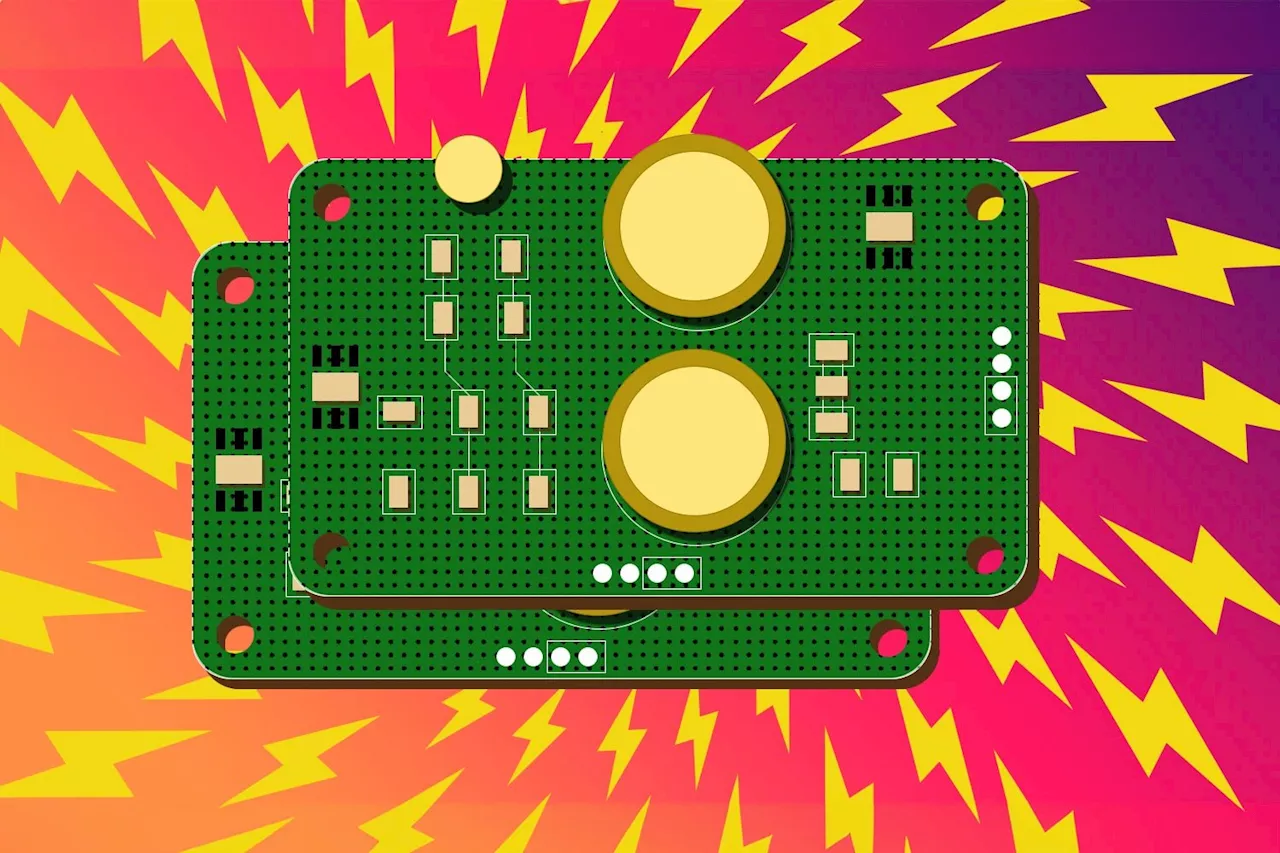MIT engineers developed a nanostitching technique to make better and safer airplanes.
MIT engineers have just figured out how to make lighter and more durable composite materials that could impact the aerospace industry.
But composite materials present a challenge— they are almost like a sandwich of materials. There’s space between their layers. Engineers typically use a special kind of glue to fill these spaces. First, they grew a forest of nanotubes so small that tens of billions of these tubes can fill an area smaller than a fingernail. They used a process called “chemical vapor deposition,” which caused carbon to settle onto a surface as tiny, hair-like supports. Once those hairs were removed, these densely packed tubes of carbon remained. They acted like a bonding agent, or an ultrastrong Velcro, so it kept the layers tightly together.
United Kingdom Latest News, United Kingdom Headlines
Similar News:You can also read news stories similar to this one that we have collected from other news sources.
 'Nanostitches' enable lighter and tougher composite materialsIn an approach they call 'nanostitching,' engineers used carbon nanotubes to prevent cracking in multilayered composites. The advance could lead to next-generation airplanes and spacecraft.
'Nanostitches' enable lighter and tougher composite materialsIn an approach they call 'nanostitching,' engineers used carbon nanotubes to prevent cracking in multilayered composites. The advance could lead to next-generation airplanes and spacecraft.
Read more »
 MIT Explores The Science Behind “Outdoor Days”The concept of 'outdoor days' is the subject of new research by a team at MIT that helps people understand global heating.
MIT Explores The Science Behind “Outdoor Days”The concept of 'outdoor days' is the subject of new research by a team at MIT that helps people understand global heating.
Read more »
 MIT engineers want to give household robots ‘common sense’MIT engineers have developed a new techinque to give household robots 'common sense' using LLMs, enabling them to deal with interruptions.
MIT engineers want to give household robots ‘common sense’MIT engineers have developed a new techinque to give household robots 'common sense' using LLMs, enabling them to deal with interruptions.
Read more »
 MIT’s Self-Powered Sensor Automatically Harvests Ambient Magnetic EnergyScience, Space and Technology News 2024
MIT’s Self-Powered Sensor Automatically Harvests Ambient Magnetic EnergyScience, Space and Technology News 2024
Read more »
 Harvard/MIT Study: Schizophrenia and Aging May Share a Common Biological FoundationScience, Space and Technology News 2024
Harvard/MIT Study: Schizophrenia and Aging May Share a Common Biological FoundationScience, Space and Technology News 2024
Read more »
 MIT’s metal-organic nanoparticles boost vaccine efficacy, deliveryDiscover how nanoparticle metal-organic frameworks act as efficient carriers and adjuvants, enhancing immune responses at lower doses.
MIT’s metal-organic nanoparticles boost vaccine efficacy, deliveryDiscover how nanoparticle metal-organic frameworks act as efficient carriers and adjuvants, enhancing immune responses at lower doses.
Read more »
